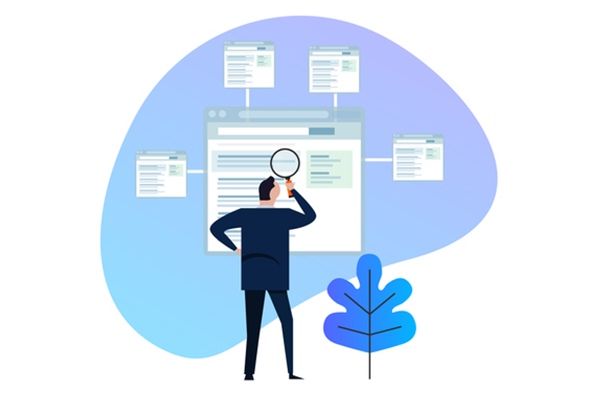
When a local business is not ranking in the Google Maps 3 pack, it can be helpful to look at what your competitors are outranking you doing that you are not. Examining the websites that link to them that are not linking to you is one of the most important.
Competitor Backlink Analysis in local SEO examines and evaluates the inbound links pointing to your local competitors’ websites. Doing this helps you identify valuable backlink opportunities. The idea then is to acquire each of the backlinks each of your competitors have that you don’t so that, hopefully, you will then be able to outrank them.
In this article, I will break down the process of analyzing your competitor’s backlinks and what you do to try to capitalize on the backlink opportunities you find. You might also be interested in reading my articles “How To Analyze Competitor Backlinks” and “Why Analyze Your Competitor’s Backlinks?“.
Analyzing Your Competitor’s Backlinks

Backlink analysis tools are essential for any SEO strategy, including local SEO. They help you identify and understand the backlinks pointing to your website and your competitors’ websites.
Start by identifying your main local competitors. These are businesses in your area that outrank you for your key search phrases in both the Google Maps 3 pack and below in the regular organic section in Google.
There are several backlink analysis tools available that you can use. Some popular tools include Ahrefs, Moz, SEMrush, Neil Patel, Majestic, and Open Site Explorer. These tools can provide data on the number of backlinks, domain authority, anchor text, and more.
Once you have chosen a backlink analysis tool, enter your competitor’s website URL to generate a report on their backlinks. Pay attention to the total number of backlinks, referring domains, and the quality of the domains linking to them.
Focus on the quality of the backlinks rather than just the quantity. Look for backlinks from authoritative and relevant websites in your local industry. Links from locally trusted sources, such as local business directories, community organizations, and local news sites, can be particularly valuable for local SEO.
Based on the backlink data, identify potential link-building opportunities for your own website. Look for websites linked to your competitors but not your business.
How To Capitalize on The Backlink Opportunities You Find

First, once you’ve identified your competitors’ backlinks, check the content on their pages that earned those links. Create similar, unique, and even more valuable content or resources on your website. It could be blog posts, guides, infographics, or tools that offer relevant information to your target audience.
Next, reach out to the website owners, webmasters, or content creators of the websites linked to your competitors. Politely introduce yourself, express your appreciation for their content, and then let them know about the valuable resource you’ve created. Show them how your content provides additional value or a unique perspective. Ask if they would be interested in linking to your content as well.
Offer to write guest posts or contribute valuable content to their websites, especially those in your niche or local community. This allows you to include a link to your website in the author’s bio or within the content, where appropriate.
Next, look for local businesses, organizations, or industry associations that might be willing to link to your website. Consider partnerships or sponsorships that can lead to backlinks from their websites. These typically will cost some money, which is worth it if their website is relevant to your city or industry.
And finally, if your business or website has something newsworthy to share, consider reaching out to local media outlets or bloggers who cover your industry. They may include links to your website in their articles if they cover your story.
Final Thoughts
Remember, when it comes to backlinks, we are looking for quality in the sense of trustworthiness and Domain Authority more than quantity. We are looking for links from websites that are relevant to our city or industry, more than unrelated links from more authoritative and trustworthy sites.
Thank you for reading this article all the way to the end. I hope that you got some benefit out of it! If you did, please share this article on your social media and email it to business owners you know who might benefit from this content. This really helps us spread the word.
